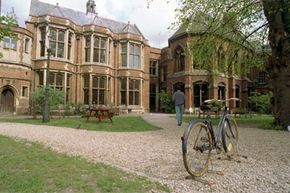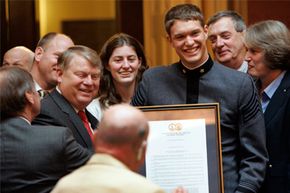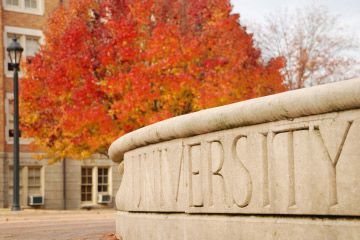Ask most college seniors what they want to do after graduation, and most of them won't tell you that they're looking for a few more semesters of intense study at a school far from home, family and friends. But each year, for hundreds of college students around the world, that's the goal. Those extremely motivated students spend most of their college careers working to become Rhodes Scholars.
Rhodes Scholars are winners of the prestigious Rhodes Scholarship. About 80 students are awarded the scholarship each year; those 80 students usually include 32 students from American colleges and universities [source: Miners].
Advertisement
When most people think of scholarships, they think of programs that help pay for undergraduate work. However, the Rhodes Scholarships pay for post-graduate work at the University of Oxford, in England. It's one of the most exalted and selective academic honors a student can achieve, and past Rhodes Scholars have gone on to some incredible accomplishments. If you think you have what it takes to be a Rhodes Scholar, or if you just want to learn more about one of the world's highest academic honors, keep reading.



